Health & Medicine
-
 Health & Medicine
Health & MedicineFive big questions about when and how to open schools amid COVID-19
Researchers weigh in on how to get children back into classrooms in a low-risk way.
-
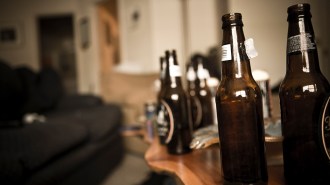 Health & Medicine
Health & MedicineHeavy drinking drove hundreds of thousands of Americans to early graves
From 2011 to 2015, more than 93,000 U.S. deaths per year could be tied to excessive alcohol use, researchers say.
-
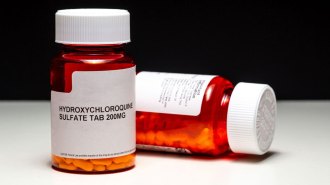 Health & Medicine
Health & MedicineHydroxychloroquine can’t stop COVID-19. It’s time to move on, scientists say
Hydroxychloroquine doesn’t work as antiviral or a treatment for COVID-19, an abundance of scientific data suggest.
-
 Health & Medicine
Health & MedicineCoronavirus outbreak at a Georgia overnight camp infected over 200 kids and staff
A report documenting a COVID-19 outbreak in Georgia hints that children might play a key role in spreading the virus.
-
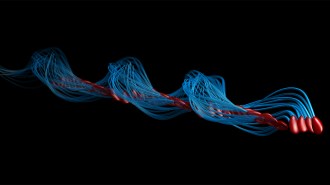 Health & Medicine
Health & MedicineHuman sperm don’t swim the way that anyone had thought
High-speed 3-D microscopy and mathematical analyses reveal that rolling and lopsided tail flicks keep the cells swimming in a straight line.
By Jack J. Lee -
 Health & Medicine
Health & MedicineMany U.S. neighborhoods with the worst air 40 years ago remain the most polluted
Air pollution has declined in the United States, but marginalized communities are still disproportionately affected despite the improvement.
-
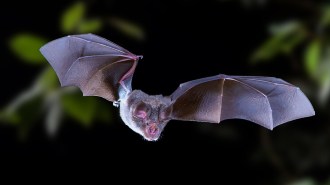 Health & Medicine
Health & MedicineClose relatives of the coronavirus may have been in bats for decades
The coronavirus lineage that gave rise to SARS-CoV-2 has been circulating in bats for around 40 to 70 years, a study suggests.
-
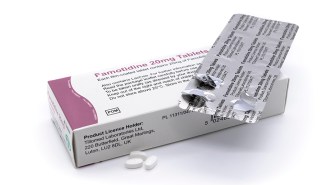 Health & Medicine
Health & MedicineA popular heartburn medicine doesn’t work as a COVID-19 antiviral
In lab tests, an antacid didn’t prevent coronavirus infection, but clinical tests are needed to see if it can help people who already have COVID-19.
-
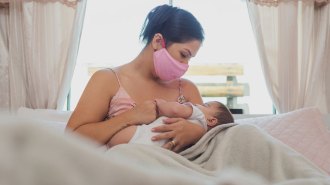 Health & Medicine
Health & MedicineMasks help new moms with COVID-19 safely breastfeed their babies
A study reports newborns could be held and breastfed safely when moms with COVID-19 wore masks and cleaned their hands.
-
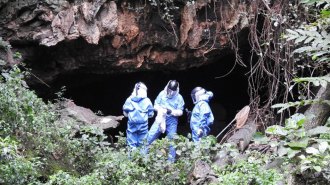 Health & Medicine
Health & MedicineTo prevent the next pandemic, we might need to cut down fewer trees
Investing in halting deforestation and limiting the wildlife trade could be a cost-effective way to reduce the risk of pandemics, a new analysis finds.
-
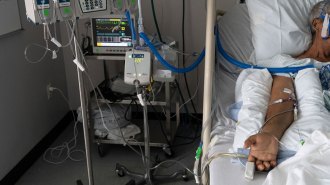 Health & Medicine
Health & MedicineA blood test may show which COVID-19 patients steroids will help — or harm
An inflammation marker was a good indicator of which patients had lower or higher risks of dying or needing a ventilator when given steroids.
-
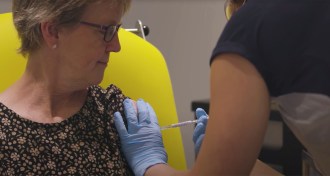 Health & Medicine
Health & MedicineCOVID-19 vaccines by Oxford, CanSino and Pfizer all trigger immune responses
In three clinical trials, vaccine candidates appear safe and induce the production of antibodies and other immune cell responses against the coronavirus.